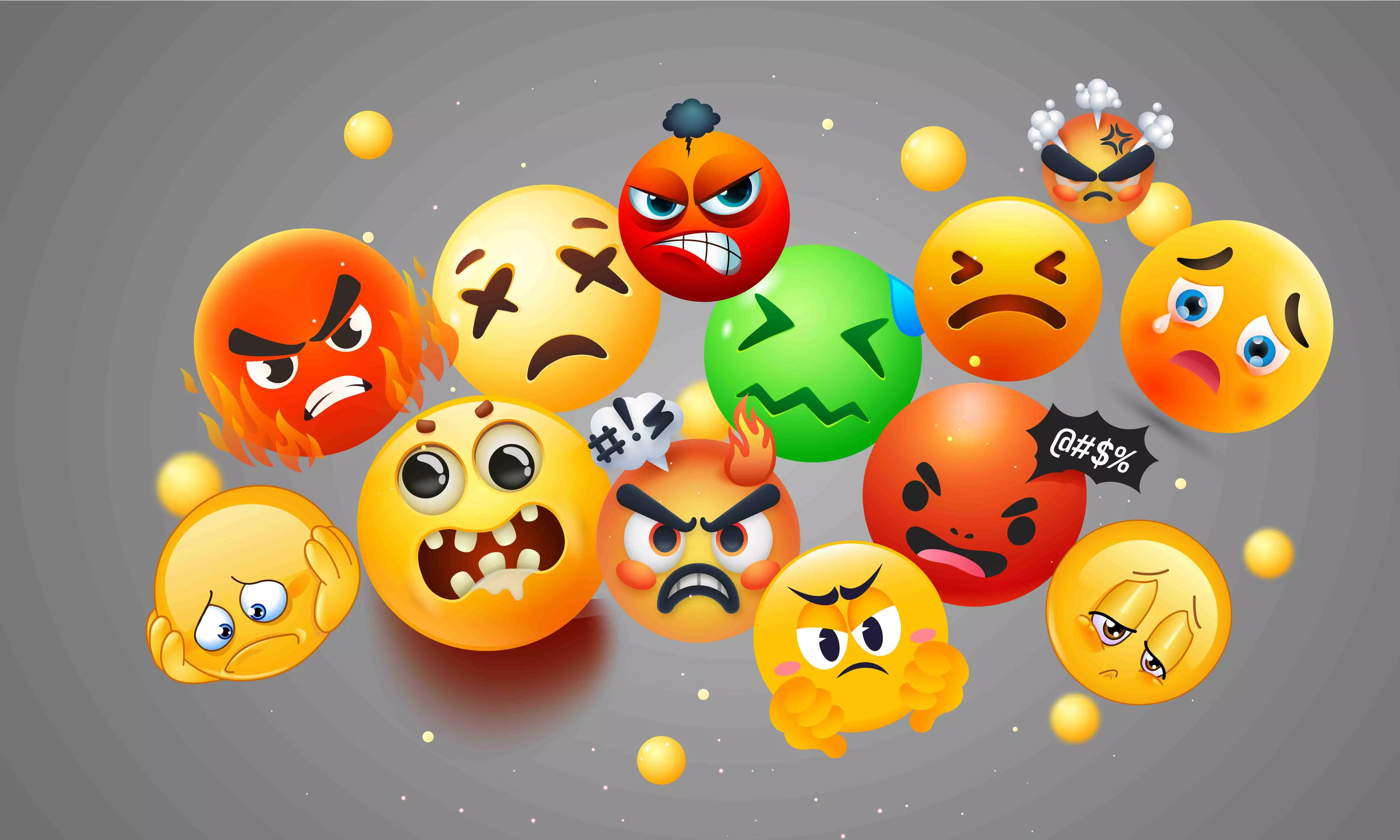
- Home
- India
- World
- Premium
- THE FEDERAL SPECIAL
- Analysis
- States
- Perspective
- Videos
- Sports
- Education
- Entertainment
- Elections
- Features
- Health
- Business
- Series
- In memoriam: Sheikh Mujibur Rahman
- Bishnoi's Men
- NEET TANGLE
- Economy Series
- Earth Day
- Kashmir’s Frozen Turbulence
- India@75
- The legend of Ramjanmabhoomi
- Liberalisation@30
- How to tame a dragon
- Celebrating biodiversity
- Farm Matters
- 50 days of solitude
- Bringing Migrants Home
- Budget 2020
- Jharkhand Votes
- The Federal Investigates
- The Federal Impact
- Vanishing Sand
- Gandhi @ 150
- Andhra Today
- Field report
- Operation Gulmarg
- Pandemic @1 Mn in India
- The Federal Year-End
- The Zero Year
- Science
- Brand studio
- Newsletter
- Elections 2024
- Events
- Home
- IndiaIndia
- World
- Analysis
- StatesStates
- PerspectivePerspective
- VideosVideos
- Sports
- Education
- Entertainment
- ElectionsElections
- Features
- Health
- BusinessBusiness
- Premium
- Loading...
Premium - Events

This is no organic emotional outburst; as studies show, Islamophobic messages on WhatsApp are widespread, and remain active longer than other types of content
The news of the dastardly terror attack killing 26 tourists angered Indians. Rightfully so. Terror from across the border hurt and upset a nation.
Kashmiris were hurt even more. Post the 2019 abrogation, Kashmiris saw and benefitted from a strong influx of tourists. This one terror attack drove both tourists and their business away.
One thought a nation — from Kashmir to Kanyakumari — would be united in grief. But WhatsApp groups unleashed an ugly side of this anger — hatred against Muslims.
WhatsApp hate
Just a day after the attack, all residential society WhatsApp groups were abuzz. The narrative was on Hindu and Muslim lines.
It is now a confirmed fact that the Pakistani terrorists targeted Hindu men. Victims narrate what they saw. Terrorists reportedly checked the identity of the tourists and specifically murdered Hindu men.
A 2019 LSE study called 'WhatsApp Vigilantes' says that dissemination of fake news on the messaging platform is driven more by existing societal prejudices than digital literacy.
What followed on WhatsApp was not anger against terrorists but against Muslims.
Some of the WhatsApp posts shared by concerned friends were very disturbing — some insinuated that Muslims within India want Hindus to die.
Also read | Explained: Why Mark Zuckerberg may be forced to sell Instagram and WhatsApp
“Inme se 50 per cent gaddar hote hain," went a message, suggesting that 50 per cent of Indian Muslims are traitors.
Condolence meets were held in all residential societies that started with candlelight marches but ended up in speeches that ought not to be reproduced.
Clapping hatred
In a posh Noida society, a midddle-aged man, in the presence of children, repeated: "Hindus are now less than 80 per cent of the population. Gradually, we will become a minority and lose control of the nation. This is what they want."
Some were emboldened by a tweet by the BJP’s Chattisgarh unit — the image of a victim, converted to a Ghibli style image with the text, 'jaati nahi, dharm poocha' (‘they asked for the religion, not the caste’).
This tweet came within hours of the attack, suggesting that Hindus mustn’t be divided on caste lines. Also, a suggestion that the Opposition’s demand for a caste census be discouraged.
Cow to combat terror?
When some people in WhatsApp groups suggested that the targeted anger against Muslims be dialled down, a group pounced on them. "These are our feelings. We cannot stop them," they said.
I saw a particularly funny yet disturbing post where some flat residents suggested that Hindus must hit back by having a cow as a pet at home. How is that going to help India’s fight against terror?
All this hatred against Muslims was instant. Almost on cue. Synchronised across all society WhatsApp groups. It appeared to be organic. But was it?
Also read | Why we must delete WhatsApp from our lives before it’s too late
The problem isn’t limited to Indian residential society WhatsApp groups. I interviewed the former Lt Governor of Delhi, Najeeb Jung.
‘It’s not just society groups. My IAS groups are full of such chats. So much so that I have had to come out of many such groups. After every such act, it somehow becomes necessary for Muslims in India to prove their loyalty to the country. Why should we have to prove each time how patriotic we are?” asked Jung.
Adding fuel to fire
Members of the ruling party do not seem to be helping calm this situation. BJP MP Nishikant Dubey tweeted a day after the attack suggesting that the Indian Constitution needs to change. Article 26 and 29 have to go, he said.
Both these articles provide people the right to exercise their religion. Art 29 provides for the protection of minorities to practise their faith.
I ask Dubey: why should Indian minorities have to give up their right to faith — because Pakistani terrorists attacked India? Isn’t this an insinuation that Indian Muslims are not Indian?"
Alarming studies
So, is this really a natural and organic emotional outburst? And why does this happen? Well, there are studies.
A 2019 London School of Economics (LSE) study called 'WhatsApp Vigilantes' says that dissemination of fake news on the messaging platform is driven more by existing societal prejudices than digital literacy. The study found that misinformation often targets marginalised groups, particularly Muslims.
Also read | How Ghibli trend has become the unwitting tool for propaganda in New India
A study by the Massachusetts Institute of Technology (MIT) and IIT-Kharagpur in 2021 went a step further. Titled 'Fear Speech on WhatsApp', this study analysed 2 million messages across 5,000 Indian WhatsApp groups. And found that one-third of the messages incited fear against Muslims.
These Islamophobic messages were not only widespread but also remained active longer than other types of content.
So, what do you do? Hate uncles are clearly acting on prejudice rather than information. They are spreading hate that travels faster than correct information.
An old adage comes to mind — ‘Never wrestle with...’
(The Federal seeks to present views and opinions from all sides of the spectrum. The information, ideas or opinions in the article are of the author and do not necessarily reflect the views of The Federal.)


